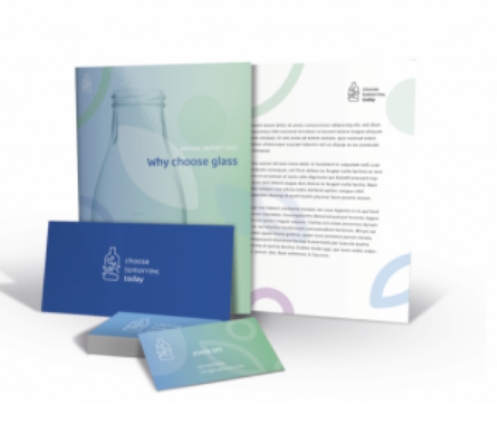France’s VERCANE project marks first R&D programme to decarbonise the glassmaking process
A French consortium – formed by energy group ENGIE, glass furnace supplier Fives, and glass manufacturers Saverglass and Verescence – launched an ambitious R&D program in 2020 called «VERCANE: fusion de VERre CArboNEutre (carbon neutral glass melting). The purpose? To support the industrial glass sector and its customers in their efforts to decarbonise glass production, by evaluating energy sources for a sustainable industrial process.
The glassmaking sector, one of the flagships of French industry, counts on 80+ furnaces spread across 50 sites in France, and is facing up to the challenge of carbon neutrality with wide-ranging research and development initiatives. What’s more, almost half (47%) of European glass production takes place in France. With CO2 emissions from the glass melting process accounting for 70-80% of a production site’s total emissions, it’s clear that tackling the carbon footprint of glass is a shared challenge for industry to solve. This starts by exploring innovative approaches that can be scaled up elsewhere.
In line with the objectives of the 2050 low-carbon strategy plan for French industry, VERCANE aims to develop sustainable scenarios of energy transition by designing solutions based on decarbonised energy sources.sustainable
Which energy sources are capable of powering industrial glassmaking in a way? How will these perform in industrial-scale demonstrators? And how should the industry’s furnaces of the future be adapted to meet this reality, with new energy sources?
That’s why VERCANE looks to study different carbon neutral energy systems that could be compatible with the glass melting process: assessing hydrogen, bioresources and process electrification, while also exploring possibilities to adapt existing melting furnaces to new energy sources. The initial 18-month starting phase will target viability and sustainability, while also taking into account available territorial and local resources and transport solutions to the production site.
The project will ultimately include concrete case studies at production sites of Saverglass and Verescence, in view of preparing the deployment of large-scale industrial demonstrators – so that brands, retailers and consumers alike can count on the fact that when they choose glass, they choose a packaging material that protects the health of the planet, as well as the people who rely on it.
The role of the four VERCANE project partners:
- ENGIE, through its ENGIE Lab CRIGEN Research Center and energy partner ENGIE Solutions, is in charge of project coordination, energy vectors analysis, numerical simulation studies and ensuring the prospective vision of the energy context.
- Saverglass and Verescence, industrial partners, bring to the project real case studies on their industrial sites, and will contribute to the realization of technical work packages involving their know-how of glass production in melting furnaces.
- Fives, technological partner, is in charge of analyzing the challenges related to the technological retrofit of furnaces to new carbon-free energy sources and is set to provide its know-how in the design and implementation of these processes.


